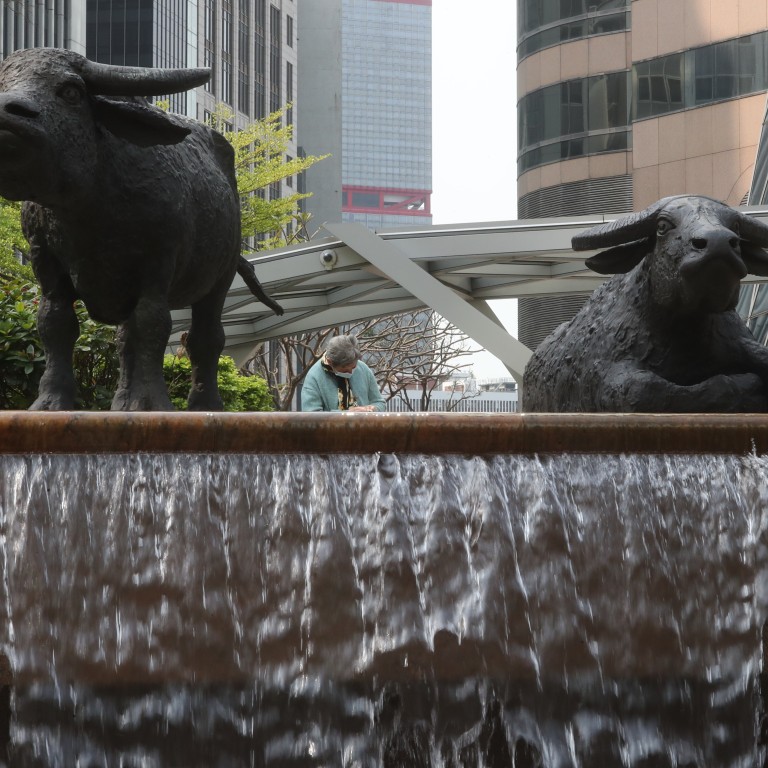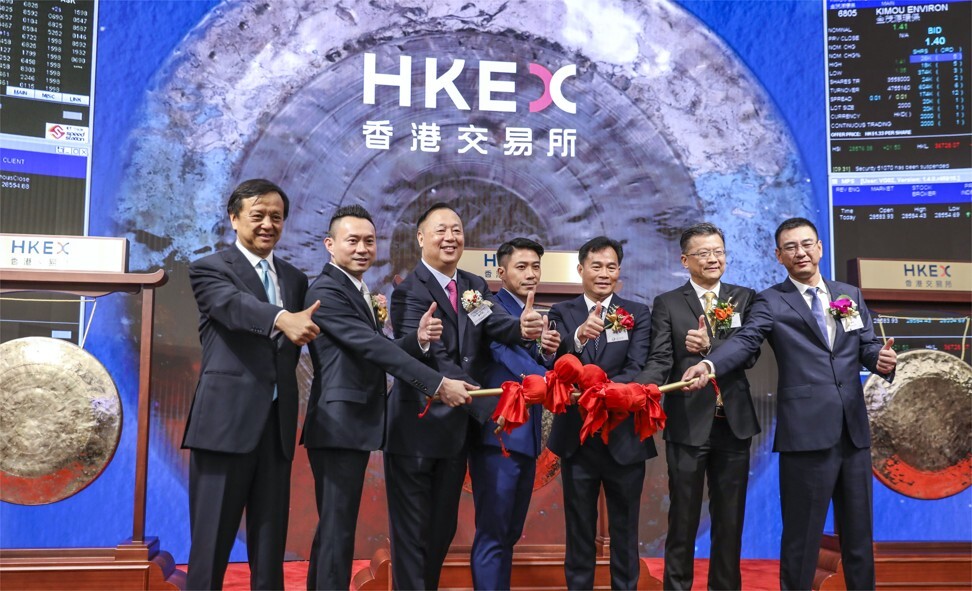
Exclusive | Hong Kong exchange backs down on contentious plan to double profit qualification for IPOs after outcry
- Companies seeking to raise funds on the HKEX’s Main Board must have earned at least HK$80 million in combined profits in the three years prior to the listing, the source said
- The HKEX received overwhelming opposition from brokers, accountants, investment bankers and legislators to its proposal to raise the profit threshold to HK$125 million
Over a two-month public consultation period that ended in early February, the bourse operator received overwhelming opposition from stockbrokers, accountants, investment bankers and legislators to its plan to more than double the qualifying threshold to HK$125 million, the source said.
The coronavirus pandemic, which has dented corporate earnings across the board and saddled Hong Kong with its worst recession on record, was also a major consideration for the HKEX to pare back its plan, the source said. The exchange will also allow companies to apply for waivers from the profit requirement on merit, the source said.
In addition, a reboot of the GEM market for growth enterprises is also under way to help small and medium enterprises (SMEs) raise capital on the so-called second board of the exchange, the source said. A spokesman at the HKEX declined to comment, saying only that the consultation conclusion will be announced in due course.
The HKEX gave two options for a minium profit requirement in its original proposal, its first amendment since the threshold was created in 1994. The first option would raise the three-year profit bar to HK$125 million, while the second would have at least HK$150 million in the three years leading up to the listing.

These new financial thresholds would have vaulted Hong Kong pass London and New York to become the world’s most stringent, and excluded all but the most profitable companies from ever raising capital. Up to 62 per cent of the 745 companies that listed on Hong Kong’s Main Board between 2016 and 2019 would not have made the cut if the HKEX’s most draconian threshold had been in place, according to an estimate in the HKEX consultation paper.
“It seems the HKEX only wants to attract mainland [Chinese] technology giants to list here, and is no longer serving the fundraising needs of Hong Kong companies any more,” said the legislator Regina Ip Lau Suk-yee during a March meeting in the Legislative Council meeting.
Still, the HKEX has been fighting a rearguard battle to instil financial discipline and deter so-called shell companies from listing, through inflating their profitability. The exchange was particularly anxious to stop giving shell companies the “perceived premium attached to the listing status,” according to its original plan.
Shares of the Hong Kong exchange operator fell by 0.5 per cent in a declining market to HK$468.20, giving the company US$76.4 billion in market capitalisation, more than the CME Group and the Intercontinental Exchange. HKEX shares have surged 85 per cent in the past 12 months.

